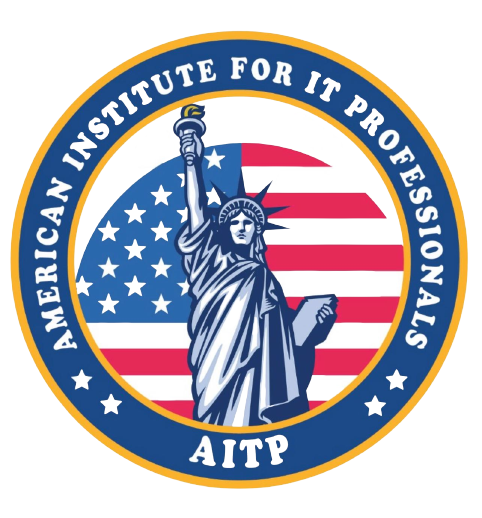Program Modules
Data Science is one of the hottest professions of the decade, and the demand for data scientists who can analyze data and communicate results to inform data driven decisions has never been greater. This bootcamp will help anyone interested in pursuing a career in data science by teaching them fundamental skills to get started in this in-demand field.
The bootcamp consists of 8 weeks of live online courses that will provide you with the foundational skills required for Data Science, including open-source tools and libraries, Python, Statistical Analysis, SQL, and relational databases. You’ll learn these data science pre-requisites through hands-on practice using real data science tools and real-world data sets.
Upon successfully completing these courses, you will have the practical knowledge and experience to delve deeper in Data Science and work on more advanced Data Science projects.
Training Intro: Advance Data Analytics using SQL, Python, Statistics, Power BI and Tableau (Bootcamp)
A brief outline of the certificate:
• 6 hours per week for a 2 months duration
• Automated assessments and quizzes
• Repeat unlimited times at no additional cost
• Verified and Certified certificate
• 24×7 support to answer your queries and doubts
• Capstone project
• Resume/Interview preparation & Job placement assistance


.jpeg)
.jpeg)
.jpeg)
.jpeg)
.jpeg)
.jpeg)